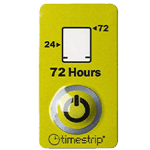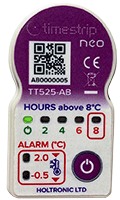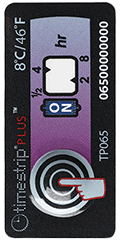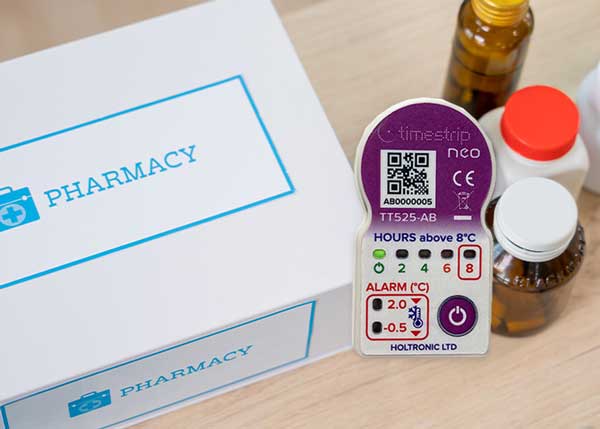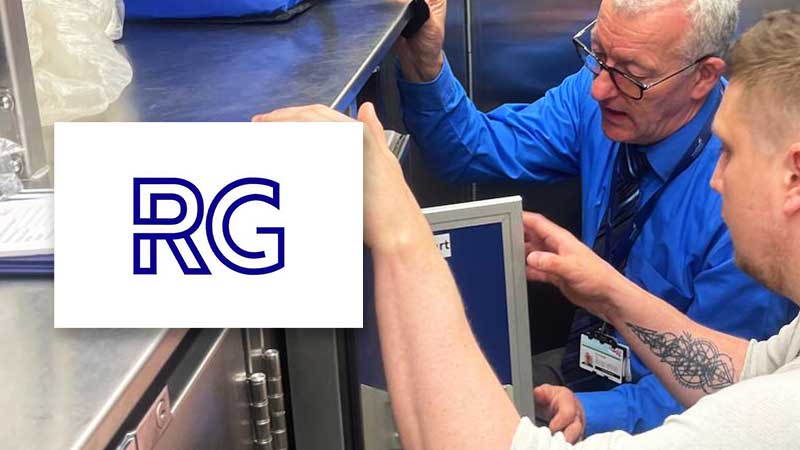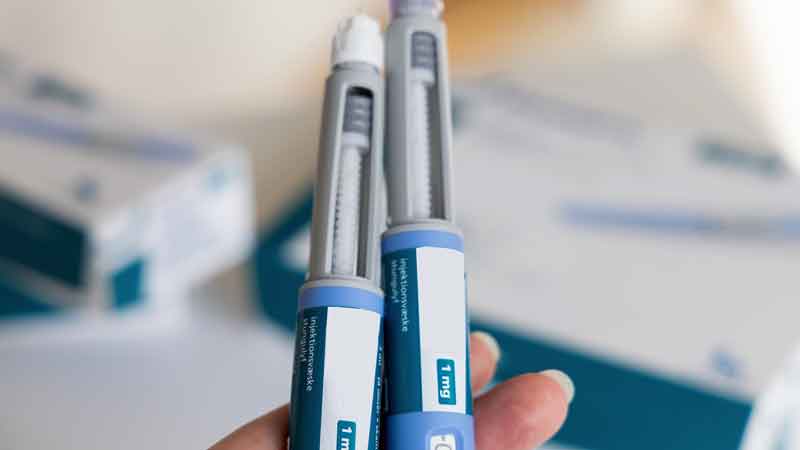
Use of Compromised Medicines Can Be Harmful to Health
Medicines exposed to the wrong conditions – such as the high temperatures now found in transporting vehicles - can be damaged and endanger health. This excellent piece from the New York Times explains the problem (ten minute read).
Don’t have ten minutes? Read this two minute version instead:
Top pharmaceutical temperature shipment takeaways
- Doctors and pharmacists say the scorching temperatures enveloping the country could be endangering people’s health in an unexpected way: by overheating their medications.
- Millions of Americans now receive their prescription medications through mail-order shipments, and this method is increasingly required by health insurance plans.
- Temperatures inside delivery trucks can reach twice the recommended threshold, maybe as high as 150ºF (66ºC) in the summer, according to drivers.
- Extreme temperatures can alter the components in medications, from pancreatic enzymes to the thyroid replacement drug levothyroxine to oral contraceptives, medical experts say. For example, Toujeo, a medication used to treat Type 2 diabetes, is intended to be stored at temperatures below 86º F (30ºC).
- Extreme temperature excursions can be an issue in the winter months as well. In one case, a mail-order pack of insulin caught in a snowstorm had most likely frozen and then thawed, damaging the insulin.
- In a study published in 2023, independent pharmaceutical researchers who embedded data-logging thermometers inside simulated shipments found that the packages had spent more than two-thirds of their transit time outside the appropriate temperature range.
- Previous attempts to track temperatures using simple strips were frustrated by the incidence of false positives.
- US federal rules on drug storage conditions do not apply to the booming world of medication delivery. The US Food and Drug Administration provides strict guidelines for packaging and storing drugs and transporting them between manufacturers, wholesalers and pharmacies, but the rules do not apply to transportation to patients, which falls under the jurisdiction of states.
- Some states such as Oklahoma have attempted to tighten up regulations on shipping and packaging, but these have not yet been put into force.
- Experts warn that the growing use of mail-order drugs, coupled with rising global temperatures, could lead to significant health crises, particularly if no action is taken to enforce better handling standards.
Timestrip temperature indicators for medicine shipments
The good news is that our latest product, the Timestrip neo, can avoid the false positives that have deterred the use of low-cost temperature indicators in some applications. Use of the light, small temperature indicators in pharma packaging provides an unambiguous check on temperature breaches.
For identifying compromised medicine shipments, a range of pharmaceutical shipping indicators is available as standard for common temperature ranges, and special ranges can be specified.

